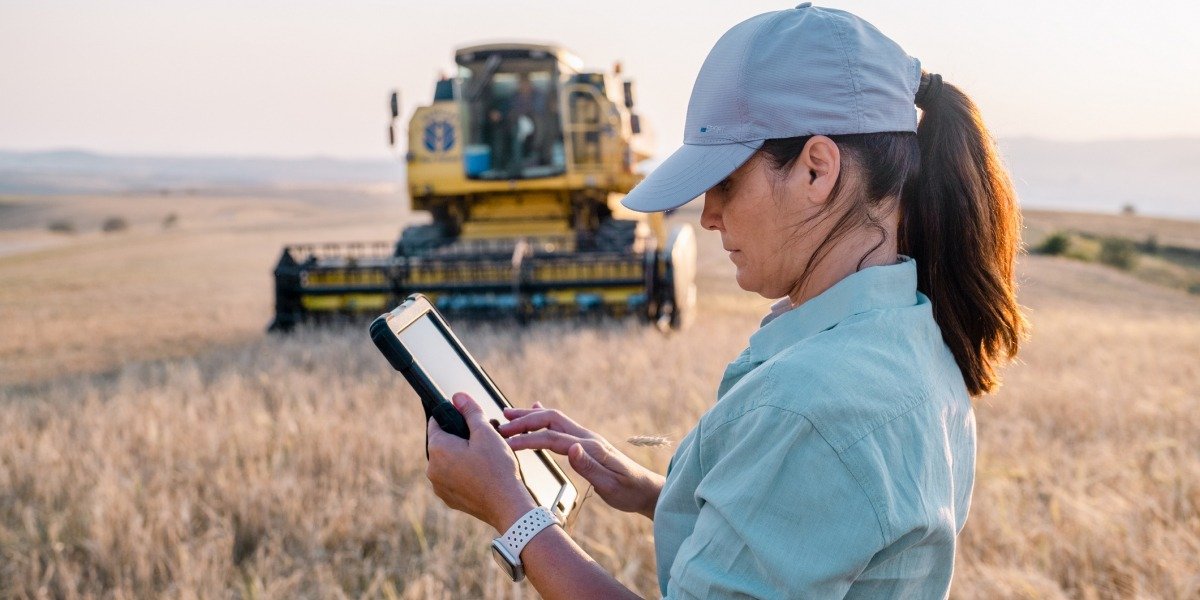Extension 4.0: Embracing the Web of Disruptions & Transformations
The evolution of agricultural extension services in the age of technological advancement and digital transformation
The importance of communication processes and knowledge mobilization in supporting agri-food and rural development cannot be overstated. Traditionally, and still today, many developing nations depend on agricultural extension services—often referred to as ‘agricultural advisory’ or ‘rural advisory’ services—to help farmers and other rural stakeholders facilitate the adoption of valuable information, ideas and knowledge—whether it is communicated from research or otherwise.
The term extension 4.0 has been coined to recognize the evolutionary transformations of advisory & extension services, and a vision for realizing the excellence in Canadian agri-food & rural advisory, extension and education.
The Evolution of Extension Services
Extension 1.0
Traditional public extension services providing direct support to farmers and rural communities. See Brunton (1965), Gill (1996), Blackburn (1994)
Extension 2.0
Fiscal challenges and institutional transformation reduced public spending while supporting the emergence of institutional pluralisms or pluralistic advisory systems. See Leeuwis (2004), Birner et al (2009), Blum et al (2020) Chowdhury & Kabir (2024)
Extension 3.0
Revolutionary development of social and online media facilitated the digitalization of advisory services, focusing on creating, supporting, and strengthening networks in digital spheres. Chowdhury & Hambly (2013); Lubell (2014), Klerkx(2021)
Extension 4.0
New and emerging technologies like AI, robotics, precision agriculture, and Large Language Models (LLM) have transformed extension services and roles of extension advisors, with enormous prospects as well as risks and uncertainties. Chowdhury & Gow (2025), Chowdhury et al (2023), Nettle et al (2025) Velden et al (2023);
Evolution of Agricultural Extension

Traditional Advisory
Face-to-face knowledge transfer between extension agents and farmers

Digital Networks
Online communities and digital platforms for knowledge sharing

AI Technology
Artificial intelligence and robotics in modern agricultural extension
Key Questions for Extension 4.0
The Future of Extension Services
Are we moving from agricultural extension 3.0 (managing knowledge in the network age) to agricultural extension 4.0 where we can anticipate virtual agents taking up the roles of extension?
Broader Implications
What are the social, political, legal, cultural and institutional implications of these transformations?
Information Management
How do we deal with the dark side of the intentional nature of information?
Digital Readiness
What is the readiness of knowledge intermediaries and farmer clients to realize their roles and functions within the digitally mediated participation and communication ecosystem while there is a growing concern about the hegemonic nature of data and technologies?
Features of Extension 4.0
Adaptive Learning
AI systems that learn from farmers’ practices and adapt recommendations based on local conditions and knowledge.
Virtual Agents
AI-powered virtual extension agents providing 24/7 support and customized advice to farmers.
Data-Driven Decisions
Leveraging big data analytics to provide farmers with precise, timely, and actionable information.
Network Facilitation
Creating robust digital networks connecting farmers, researchers, advisors, and markets for efficient knowledge exchange.
Join the Conversation on Extension 4.0
Help shape the future of agricultural extension services in the digital age
